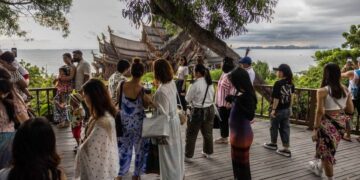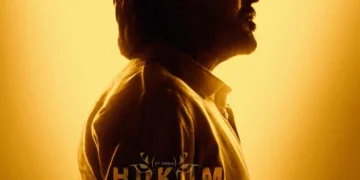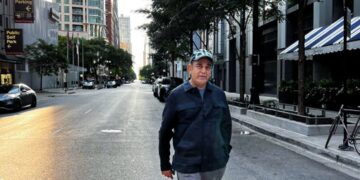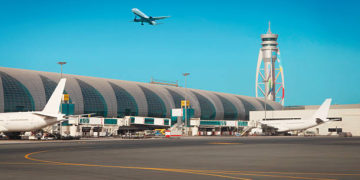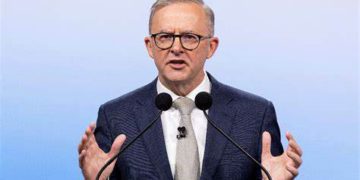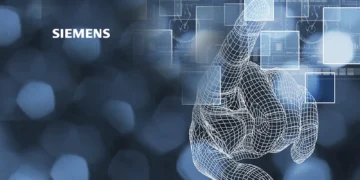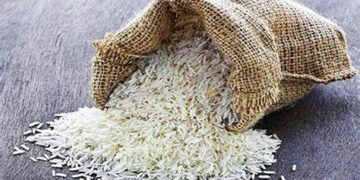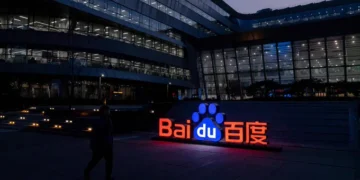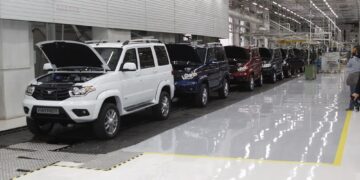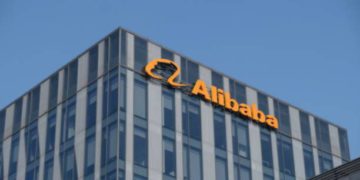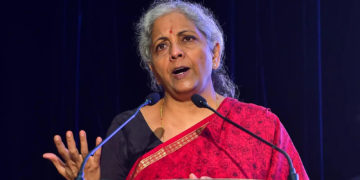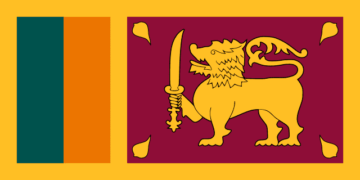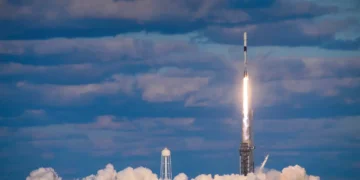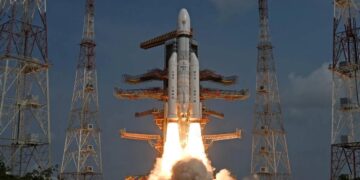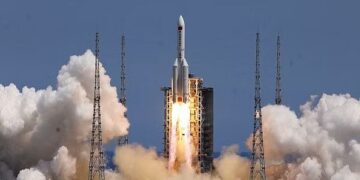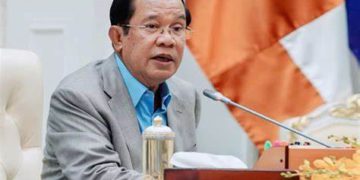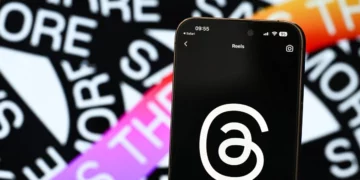SEOUL (SOUTH KOREA) – Medical experts are pulling up the South Korean government, stating that authorities have not done enough to achieve its goal of reaching herd immunity against COVID 19 through mass vaccinations by November.
From delay in securing enough vaccines to snail paced training for staff when it comes to vaccine storage, distribution and inoculation are some of the issues pointed out by doctors . They say the government has also lagged in making decisions over vaccination sites.
Experts are of the opinion that the government’s timeline – which calls for vaccinations of key individuals to begin in February, with 32 to 36 million people vaccinated by September – is unlikely to succeed at its current pace.
To reach the September target, the government would need 4,000 doctors to see at least 400,000 people a day, said Jun Byung-yool, a former director of the Korea Centers for Disease Control and Prevention.
“The government has ordered each local government to secure their own manpower, but rural areas would significantly lack medical staff and infrastructure to carry out the vaccinations,” Jun said.
“It is just realistically impossible to vaccinate 400,000 people a day.”
Doctors said it would require 30 minutes to an hour for every person to sign up, be examined and wait for any anaphylactic reaction after the shot.
Choi Jae-wook of the Korean Medical Association said he is sceptical that herd immunity will be reached by November, since the vaccine arrival time is still vague and because the roughly 250 public health clinics across the country will not be enough to administer the shots.
“The government has only put out an ambiguous timeline of quarterly arrivals. Vaccines that need cold chain storage need specific ways of handling, but the preparations cannot be done,” Choi said.
Health authorities too have acknowledged that there are major hurdles but said their timeline was based on a need to learn from vaccine programmes in other countries. In the end, South Korea would complete its vaccination efforts as fast or faster than many other places, they said.
“The estimated size of the vaccination centres and the manpower may vary depending on the population size of the city, county or district,” KDCA director Jeong Eun-kyeong told a briefing. “We are making detailed guidelines for operation of the sites.”
Vaccinating the elderly with underlying conditions is another problem as special measures must be taken, said Eom Joong-sik, a professor of infectious diseases at Gachon University Gil Medical Center.
Following the criticism, President Moon Jae-in on Monday sought to reassure residents and said “I think we will reach a full herd immunity by November at the latest,” he told a news conference.
South Korea has secured 106 million doses to allow for coverage of 56 million people, more than its 52 million population, from four drugmakers – AstraZeneca, Pfizer Inc, Johnson & Johnson’s Janssen, Moderna Inc – and the WHO’s vaccine-sharing scheme COVAX.


